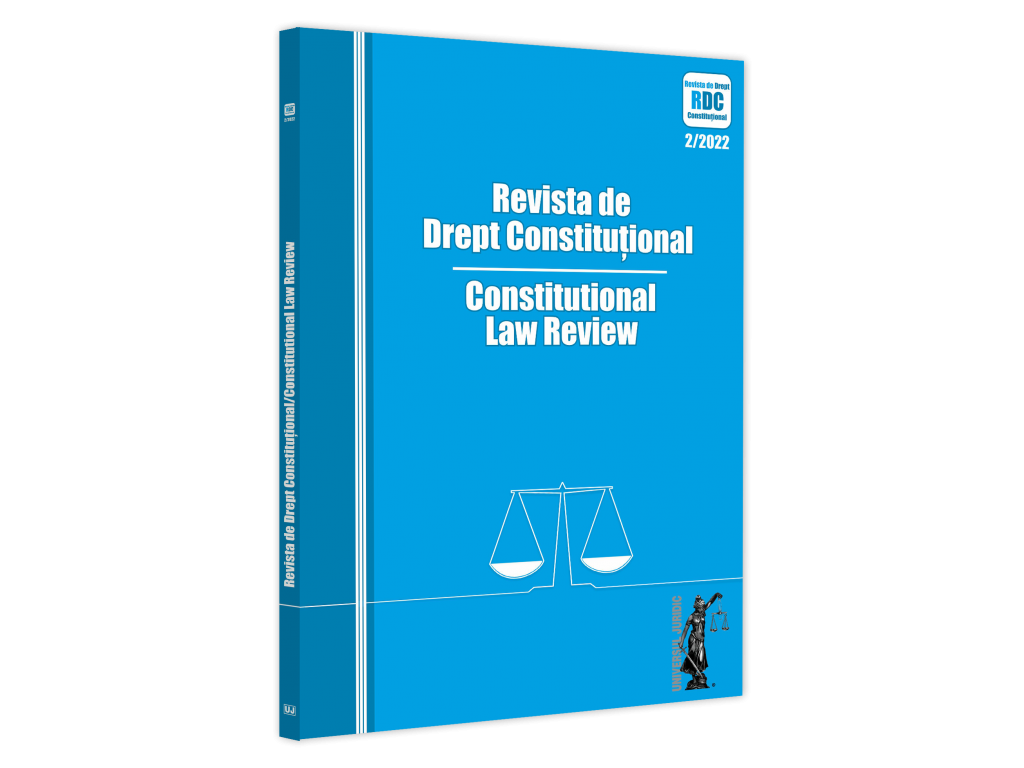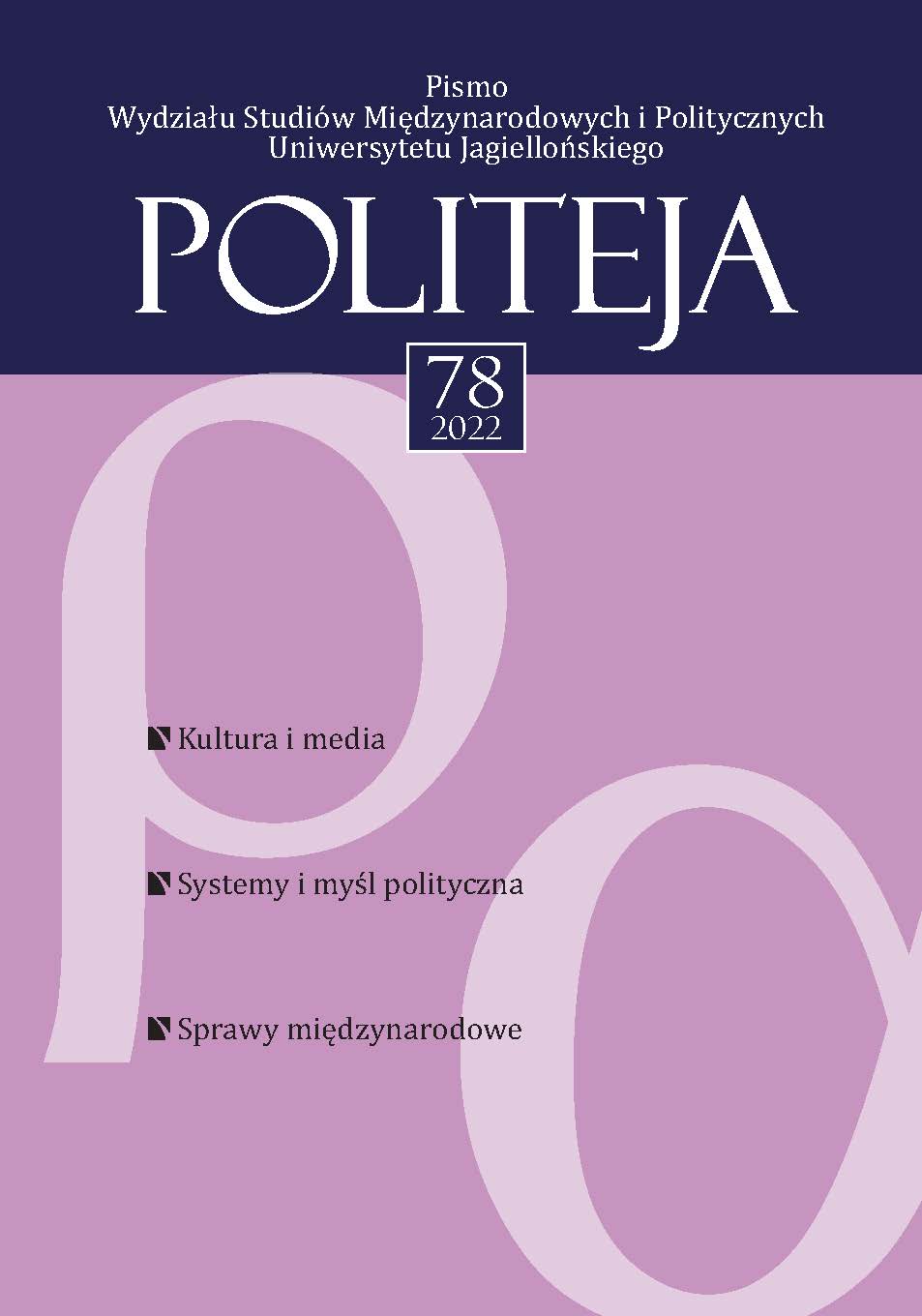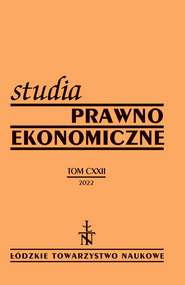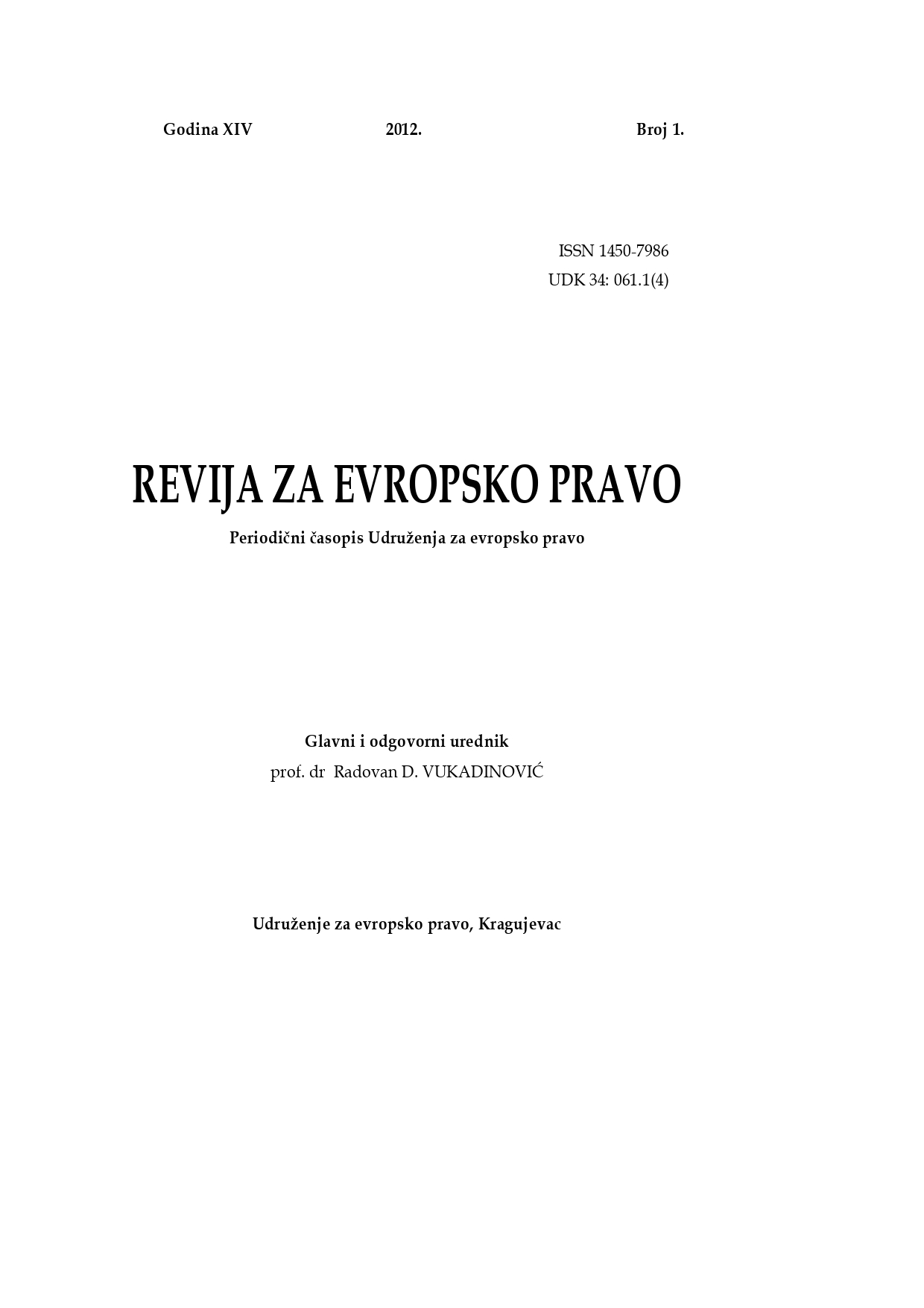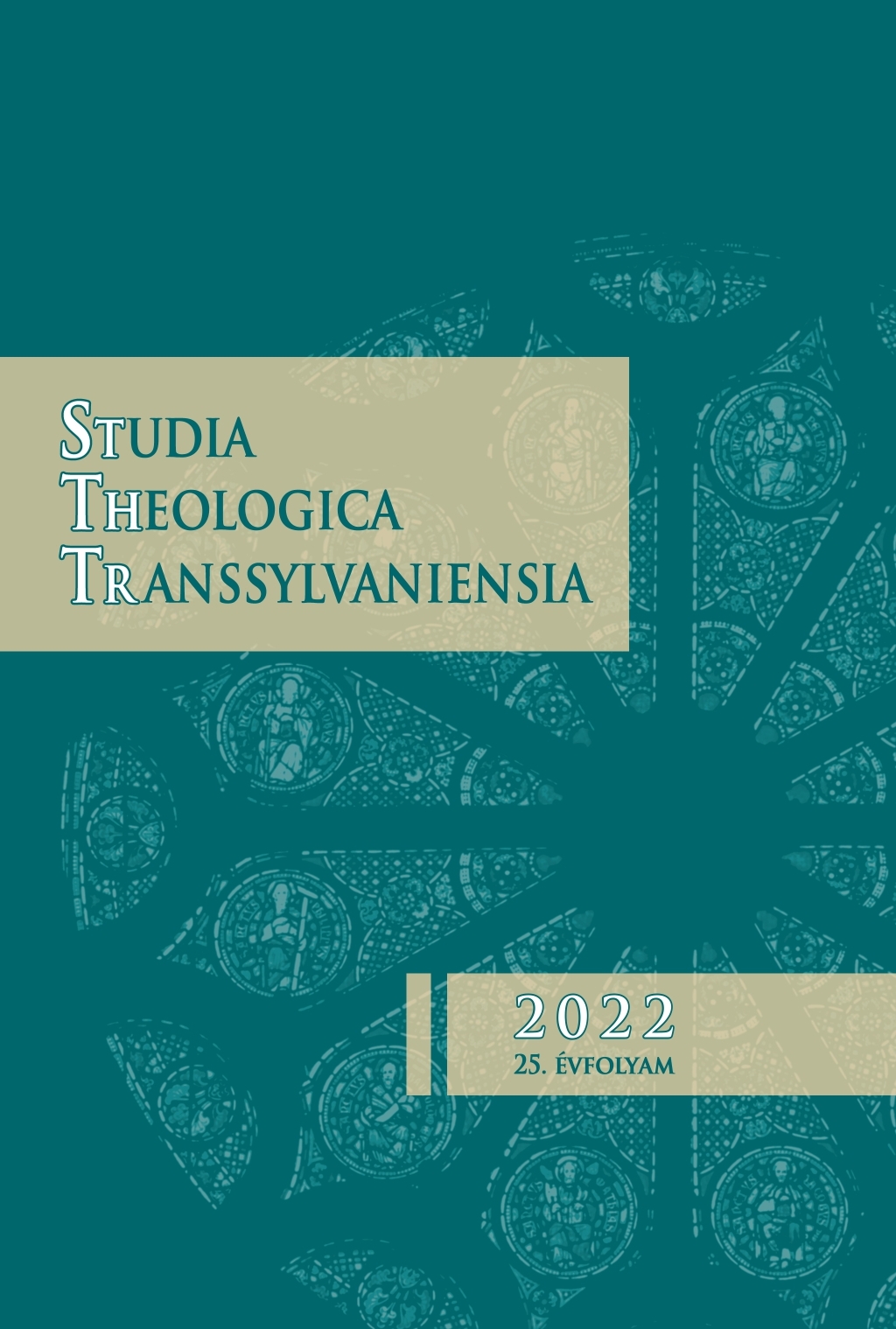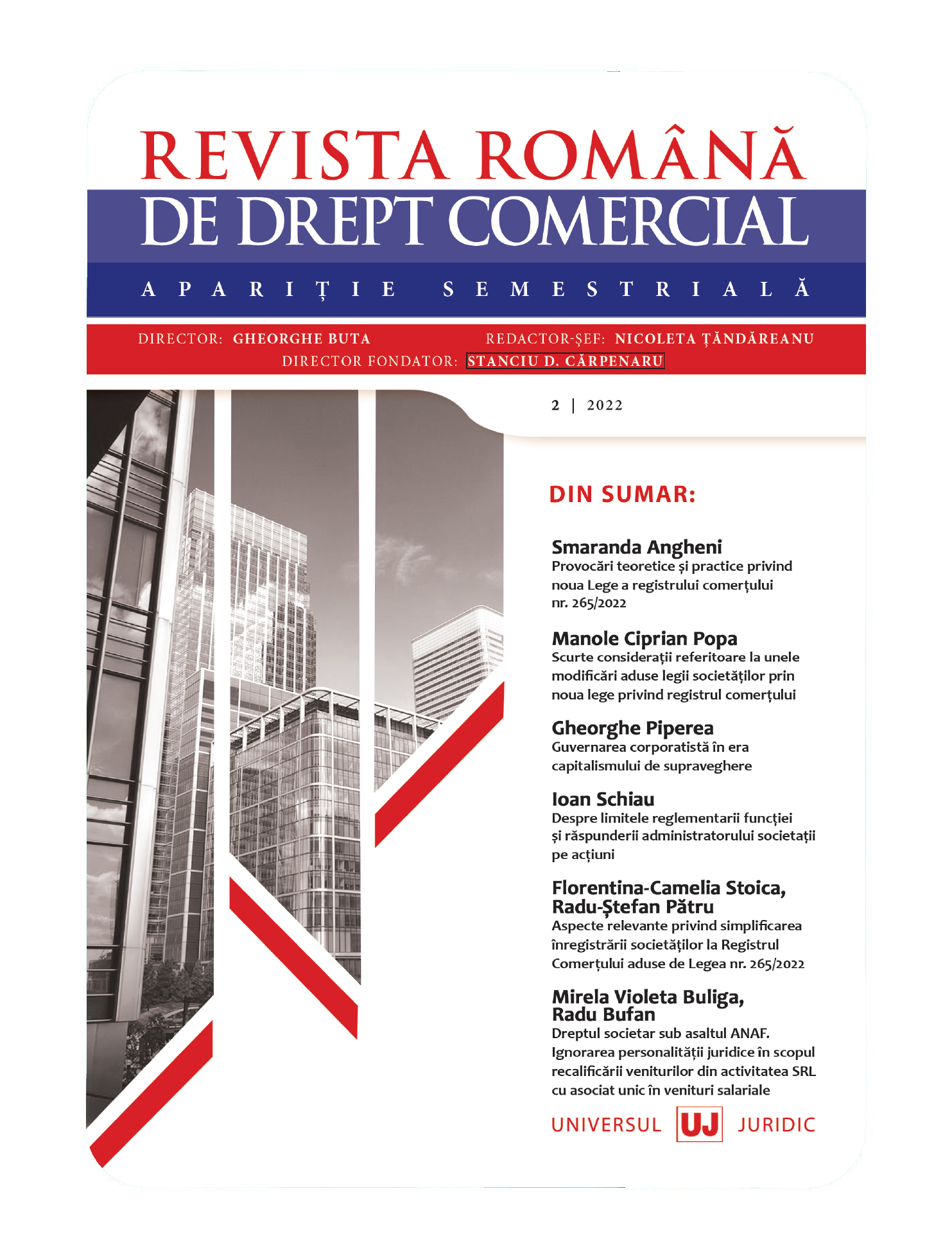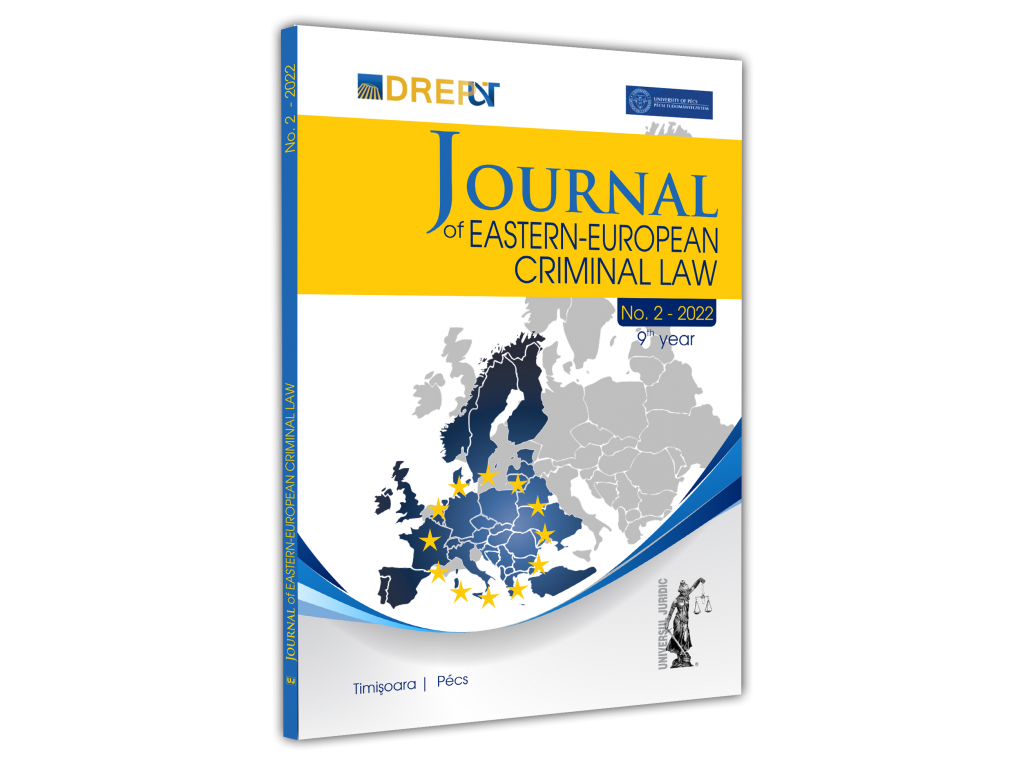Author(s): Adrian Severin / Language(s): Romanian
Issue: 02/2022
Beyond crises of a different nature, systemic or adjustment, five crises of law can be identified, namely: i. over-regulation/normative excess (effect of the technicalization of law, political voluntarism, and the reduction of the space for individual freedom); ii. legislative instability (effect of legal voluntarism which, among other things, denies the existence of legal constants); iii. legislative cannibalization of law (the science of law is denied by legislation and is swallowed up by it); iv. ideologizing the legislation (separating the law from the objective legalities of the field to be regulated and concealing its constants); v. the „penalization” of law (the repressive conception in the ordering of social relations prevails over the permissive conception). The refusal to recognize the specificity of social relations having as their object the exchange of values for the purpose of obtaining profit, for them to be disciplined by specific norms, is an expression of the respective crises. The socio-economic and political crises that already affect the national communities, but also the international community, demand the appropriate intervention of the political factor through the instrument of legal law, as well as through that of judicial practice, in such a way that the subjects of civil law, concerned with the satisfaction of existential needs under the conditions of minimizing any risks, to be protected, without this inhibiting the assumption of risks by the subjects of commercial law, interested in accelerating the circulation of capital and thus in maximizing profits. A hyper-protection of civil law subjects will prevent the resumption of economic growth, which is in everyone's interest. Tolerating the excess of dominant position of commercial law subjects will lead to socio-political instability likely to deepen the economic crisis. Times of crisis are times of increased risk. Risk-taking by those involved in the exchange of values must be rewarded. The unilateral transfer of risk by those who have dominant positions (e.g., banks, lessors, energy suppliers) onto the shoulders of those who do not have such positions (e.g., borrowers, lessees, energy consumers) must be prohibited. The solution of such systems of equations requires not only the distinction between civil and commercial law (in the first case, looking at the static security of the circuit of values, and in the second, its dynamic security), but also that between law as a science and law as legislation. Science must precede legislation. The „rule of law”, which means „nihil sine lege”, cannot be real if it is not associated with the maxim „nihil sine iure” and is not subordinated to it. In this sense, commercial law is not the sum of rules derogating from civil law provisions, but a distinct, coherent branch of private law.
More...
